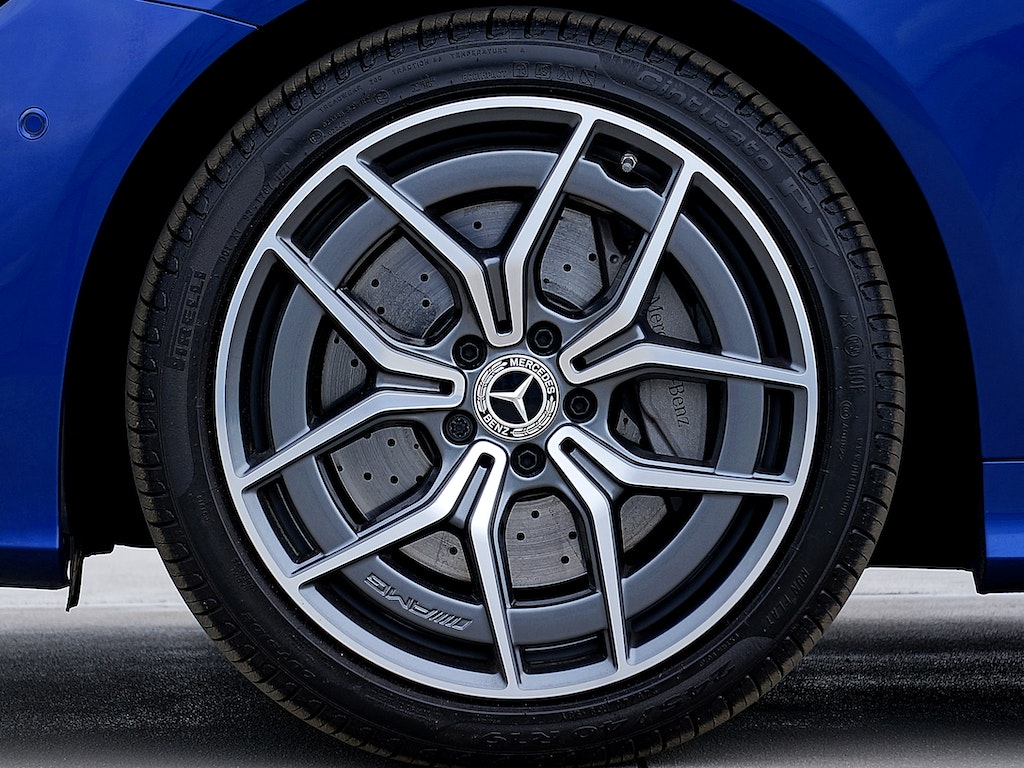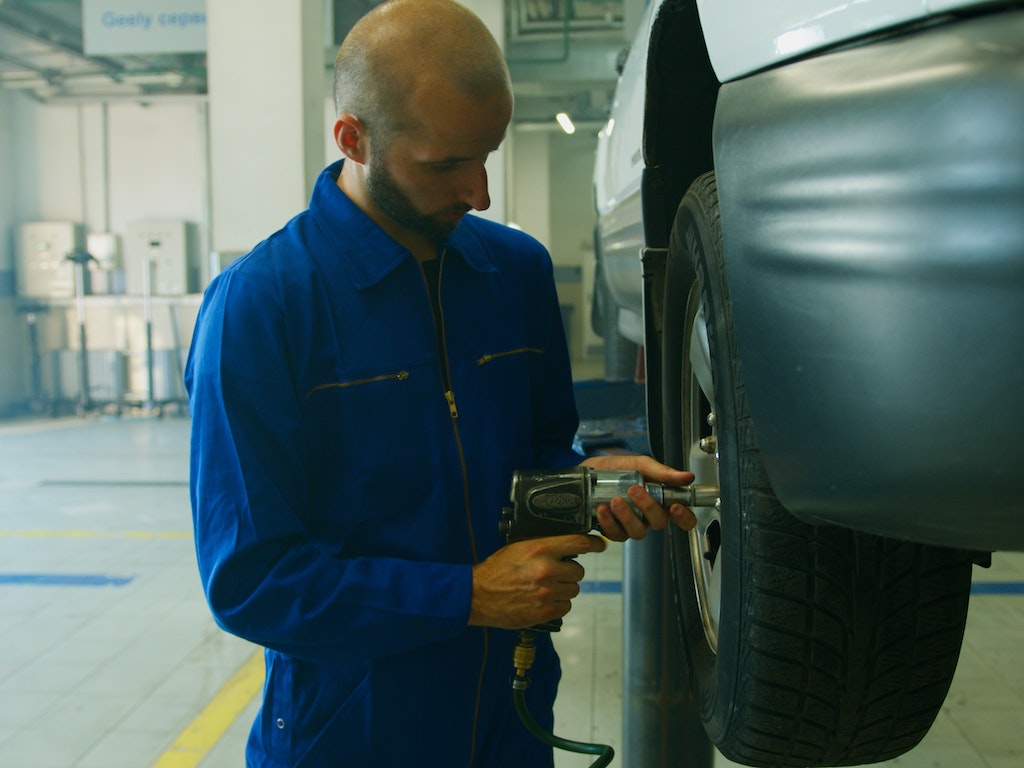
With gas prices on the rise, it’s no surprise that improving your SUV’s gas mileage has become a priority for many vehicle owners. While SUVs are known for their power and versatility, they often come with a reputation for being fuel-thirsty. However, there are several proven tips and tricks that can help maximize your SUV’s fuel efficiency without sacrificing performance. In this article, we’ll explore some effective ways to improve your SUV’s gas mileage, from simple maintenance tasks to smart driving habits. By implementing these tips, you’ll be able to save money and reduce your carbon footprint.
Maintain Proper Tire Pressure
One of the most effective ways to improve your SUV’s gas mileage is by regularly checking and maintaining proper tire pressure. Underinflated tires create more rolling resistance, which results in your SUV using more fuel to move forward. Consider using a tire pressure gauge to check the tire pressure at least once every month and make sure they are inflated to the manufacturer’s recommended PSI.
Reduce Unnecessary Weight
The more weight your SUV carries, the more fuel it consumes. Take a moment to declutter your vehicle and remove any unnecessary items that might be weighing it down. Roof racks, cargo carriers, and extra accessories can also contribute to increased aerodynamic drag, negatively impacting your SUV’s fuel efficiency. Only carry essential items to lighten the load and improve your gas mileage.
Optimize Your Driving Habits
How you drive plays a significant role in determining your SUV’s gas mileage. Avoid aggressive driving behaviors such as rapid acceleration, excessive speeding, and hard braking. These actions not only consume more fuel but also lead to more wear and tear on your vehicle. Maintain a steady speed, use cruise control on highways, and anticipate traffic patterns to avoid unnecessary stops and starts.
Service Your Vehicle Regularly
Regular maintenance ensures optimal performance and fuel efficiency. Keep up with your SUV’s recommended service schedule, including oil changes, filter replacements, and tune-ups. A well-maintained engine runs more efficiently, resulting in improved gas mileage. Additionally, regularly inspecting and replacing worn spark plugs and air filters can further enhance your SUV’s fuel efficiency.
Utilize Eco-Driving Features
Many modern SUVs come equipped with various eco-driving features that can help improve fuel efficiency. Take advantage of features such as eco mode, which adjusts throttle response and transmission shifts to prioritize fuel economy. Additionally, use your SUV’s cruise control function on highways to maintain a constant speed, reducing fuel consumption.







